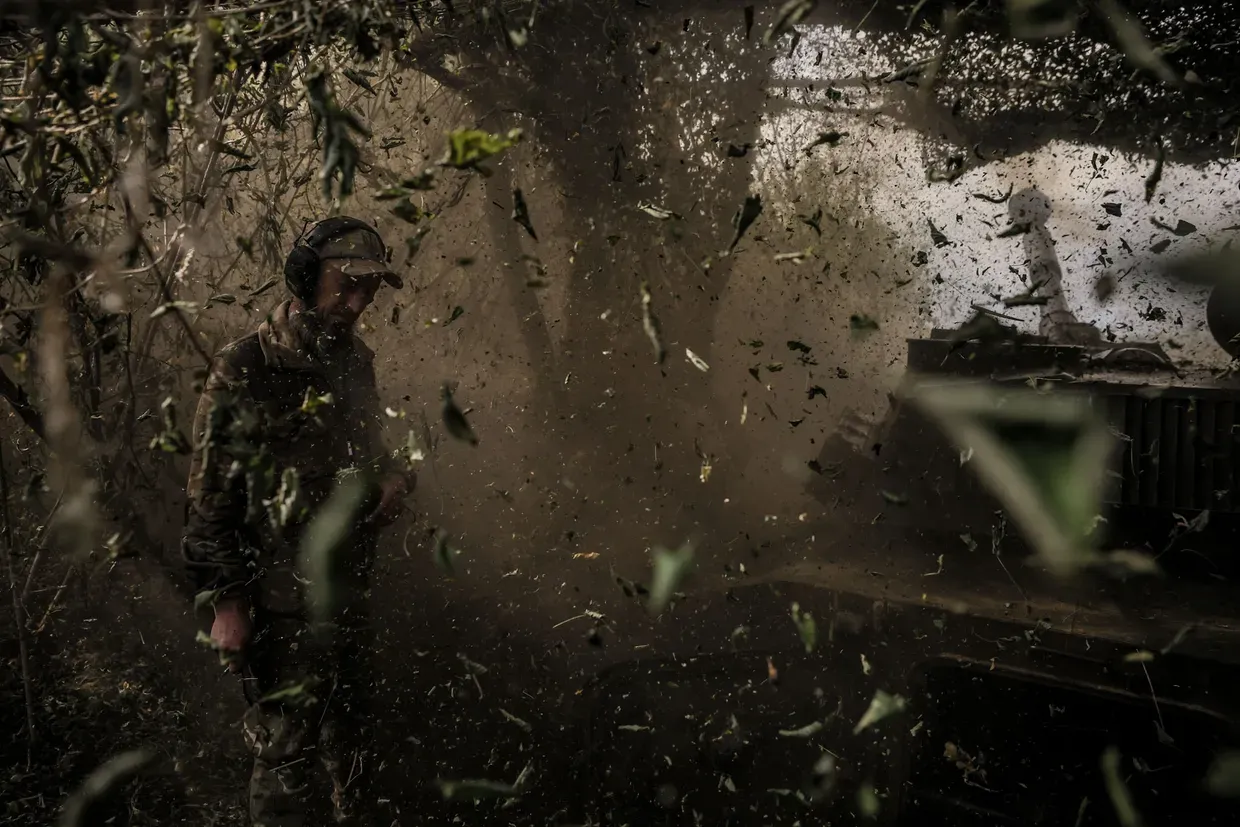, /PRNewswire/ -- (AANA) -- West Virginia enacted legislation that allows more autonomy for Certified Registered Nurse Anesthetists (CRNAs) to practice anesthesia care. With the passage of Senate Bill 810, 44 state legislatures have determined that physician supervision of CRNAs under the nursing laws is unnecessary.
On April 30, West Virginia Senate Bill 810 concerning CRNA practice was signed into law by Governor Patrick Morrisey. Introduced at the request of the West Virginia Association of Nurse Anesthesiology (WVANA), the law removes the requirement for CRNAs to practice "in the presence and under the supervision" of a physician or dentist. The law now indicates that CRNAs "may administer anesthesia in cooperation with a physician, dentist, or podiatrist." The law defines "cooperation" to mean that the CRNA "and the physician, dentist, or podiatrist work together as a team with each contributing an area of expertise at their individual and respective levels of education and training."
As the sole provider of anesthesia in most rural hospitals, CRNAs understand that accessing affordable healthcare is a challenge for Americans. Rural states are often faced with even less access to healthcare providers and facilities, yet their patient populations are some of the most in need. CRNAs predominate in rural settings – 75% of anesthesia providers in West Virginia are CRNAs – and by freeing them up to practice autonomously, Senate Bill 810 will increase access to care for those who need it most.
"Gov. Morrisey's action ensures West Virginia's most vulnerable patients have access to value-based, high-quality care and optimizes anesthesia care throughout the state," said Justin James, CRNA, president of West Virginia Association of Nurse Anesthesiology (WVANA). "By signing this important legislation, West Virginia now recognizes that CRNAs are trained and qualified to make decisions regarding all aspects of anesthesia care based on their education, licensure, and certification."
According to James, there were several allies of WVANA that were crucial in the success of this legislation, AARP West Virginia who championed the language and recognized this legislation would lead to healthier communities in the state, and supporters including Americans for Prosperity (AFP), West Virginia Nurses Association (WVNA), West Virginia Board of Nursing (WVBON) and American Legislative Exchange Council (ALEC).
"The American Association of Nuse Anesthesiology applauds Gov. Morrisey for recognizing the important role CRNAs have in delivery of safe and efficient anesthesia care in West Virginia," said AANA President Jan Setnor, MSN, CRNA, Col. (Ret), USAFR, NC. "Increased patient demand, limited resources, and a state with rural populations dictate that a system capable of meeting the needs of its residents needed a change. This specific legislation upholds a solution to recognize the training and skills of certified registered nurse anesthesia providers can meet this challenge head-on for the patients of West Virginia."
Each year, CRNAs safely administer more than 58 million anesthetics to patients in the United States. CRNAs practice in every setting in which anesthesia is delivered: traditional hospital surgical suites and obstetrical delivery rooms; critical access hospitals; ambulatory surgical centers; ketamine clinics; the offices of dentists, podiatrists, ophthalmologists, plastic surgeons, and pain management specialists; and U.S. military, Public Health Services, and Department of Veterans Affairs healthcare facilities.
SOURCE American Association of Nurse Anesthesiology

WANT YOUR COMPANY'S NEWS FEATURED ON PRNEWSWIRE.COM?
![]()
440k+
Newsrooms &
Influencers
![]()
9k+
Digital Media
Outlets
![]()
270k+
Journalists
Opted In
.png)
 German (DE)
German (DE)  English (US)
English (US)  Spanish (ES)
Spanish (ES)  French (FR)
French (FR)  Hindi (IN)
Hindi (IN)  Italian (IT)
Italian (IT)  Russian (RU)
Russian (RU)  10 hours ago
2
10 hours ago
2









Comments